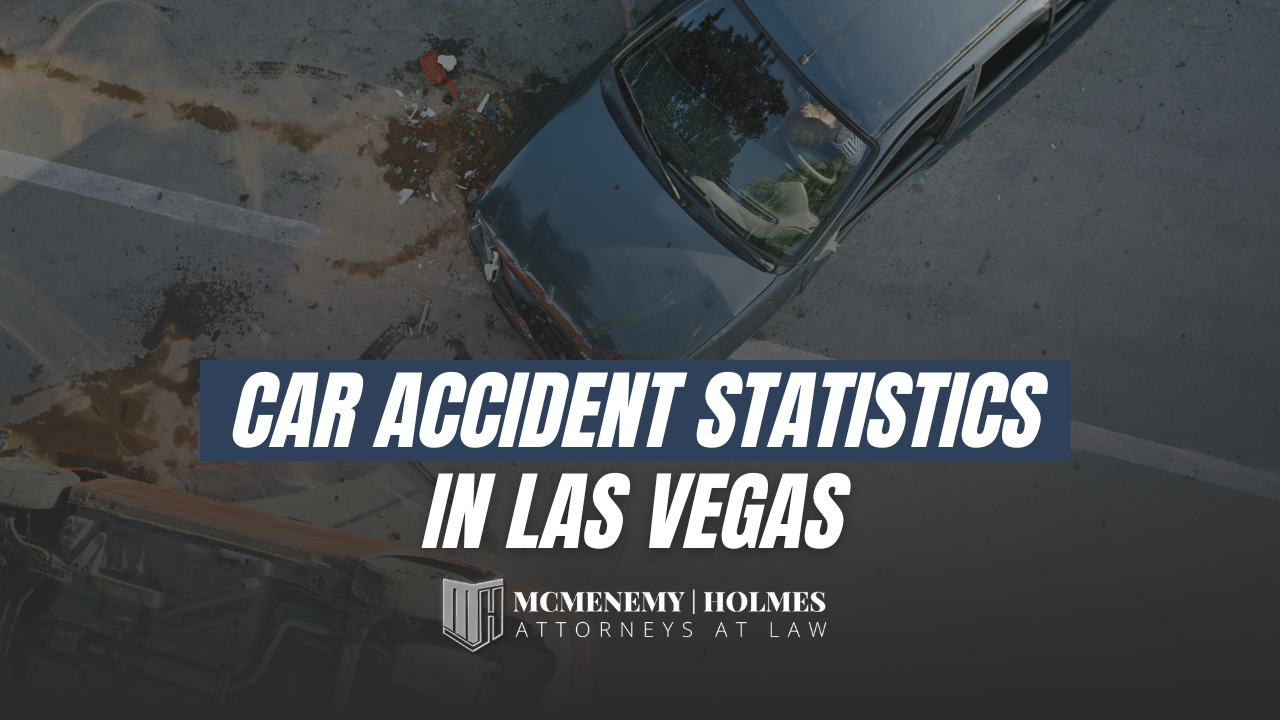
Insurance Bad Faith in Nevada
In Nevada, insurance companies are required to act in good faith when handling claims made by their policyholders. When an insurance company fails to meet this legal obligation, it can be sued for bad faith. In this blog, we will discuss what constitutes bad faith in Nevada insurance law and what remedies are available to policyholders.
What is Insurance Bad Faith in Nevada?
Insurance bad faith occurs when an insurance company unreasonably withholds or delays payment of a valid claim made by its policyholder. Nevada law imposes a duty of good faith and fair dealing on insurance companies. This means that insurance companies are required to:
- Investigate claims in a prompt and reasonable manner;
- Pay claims promptly and in full when liability is reasonably clear;
- Not deny claims without a reasonable basis; and
- Explain the reasons for any claim denial.
If an insurance company fails to meet any of these obligations, it may be liable for bad faith.
Examples of Insurance Bad Faith in Nevada:
Some examples of bad faith conduct by insurance companies in Nevada include:
- Unreasonable delays in investigating or processing claims;
- Unreasonable delays in paying claims;
- Denying claims without a reasonable basis;
- Failing to communicate with the policyholder about the status of the claim;
- Failing to properly investigate the claim;
- Making false statements about the policyholder’s coverage;
- Failing to properly defend the policyholder in a lawsuit; and
- Failing to settle a claim within policy limits.
Remedies for Insurance Bad Faith in Nevada:
If an insurance company is found to have acted in bad faith, the policyholder may be entitled to the following remedies:
- Compensatory Damages: The policyholder may be entitled to damages for any harm caused by the insurance company’s bad faith conduct, such as economic losses, emotional distress, and attorney’s fees.
- Punitive Damages: In cases of particularly egregious conduct, the policyholder may be entitled to punitive damages, which are designed to punish the insurance company and deter future bad faith conduct.
- Declaratory Relief: The policyholder may be entitled to a court order declaring the insurance company’s obligations under the policy and clarifying the scope of coverage.
- Injunctive Relief: The policyholder may be entitled to a court order requiring the insurance company to take specific actions, such as paying the claim or providing coverage.
Conclusion:
In Nevada, insurance companies are required to act in good faith when handling claims made by their policyholders. When an insurance company fails to meet this legal obligation, it can be sued for bad faith. If you believe that your insurance company has acted in bad faith, our experienced attorneys can help you understand your legal rights and pursue the appropriate remedies.



